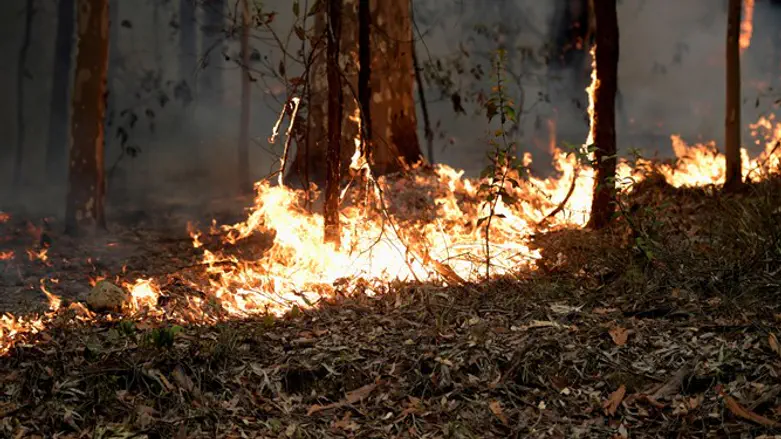
The wildfires in Australia have burned millions of acres, killing an estimated billion animals and two dozen people.
Dr. Arnagretta Hunter, a cardiologist and member of nonprofit Doctors for the Environment, says the country’s east and south coasts, Sydney and capital city Canberra are seeing the most serious health effects.
It’s common for people who have encountered brushfire smoke to experience effects like sore eyes and a scratchy throat, she says. But doctors have also seen an increase in “irritation and exacerbations of lung disease,” she says.
People with underlying lung and heart diseases, chronic obstructive pulmonary diseases like emphysema, smoking-related lung diseases and asthma have been more likely to visit their doctor or the hospital, Hunter says.
Previous studies show air pollution from wildfires may result in increased mortality over the summer, she says. Plus, Australia is facing one of the hottest summers in the country’s history.
“We have smashed records through December, particularly for the hottest day,” Hunter says. “We know that will also increase mortality and increase hospitalizations, particularly for our vulnerable population of older people with both heart and lung disease.”
Doctors think most Australians will be fine, she says, but they’re not sure whether a healthy person who isn’t hospitalized from smoke exposure will “suffer significant long-term effects.”
Some studies suggest the general population may see a change in lung function and research programs are investigating this possibility further, she says.
People feeling concerned about their homes, family and community are common during fires, but she says Australians living through this event are worried about something bigger.
“I think for a lot of people across Australia, we're really considering the impact climate change may have on our lives now and into the future,” she says, “and that has an unsettling effect on a psychological basis.”
Hospitals have seen an increase in people with mental health concerns like anxiety or depression who are struggling to cope with the situation, she says.